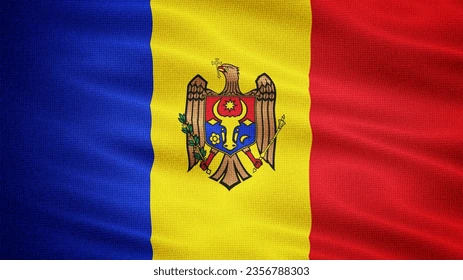Understanding the structural organization and format of the Moldova National Division is crucial in grasping how the competition functions, promoting talent and ensuring fair play throughout the season.
League Format and Season Structure Moldova National Division
The Moldova National Division operates on a traditional league system where clubs compete for points through a round-robin format. Each team plays against every other club twice, once at home and once away, accumulating points based on match results.
- A victory grants three points, a draw provides one point, and a loss yields none. At the end of the season, the team with the most points is crowned the champion.
This system fosters intense rivalries and requires teams to maintain consistent performance throughout the season.
Analysis: The dual home-and-away matches contribute to a balanced competition, allowing clubs to showcase their strengths across different venues. This dynamic is vital for fans, as attending games becomes an integral part of community life and a source of local pride.
Promotion and Relegation System
The league features a promotion and relegation system with the lower division, known as the Liga 1. At the conclusion of each season, the bottom-ranked teams in the National Division are relegated to Liga 1, while the top teams from Liga 1 earn promotion.
This system adds an exciting layer of intensity to the competition, as teams fight not just for championship glory but also to avoid relegation. The stakes involved often lead to memorable matches filled with high drama, particularly towards the season’s climax.
Personal Perspective: I find the promotion and relegation system particularly fascinating as it keeps the competition fresh and unpredictable. The possibility of falling out of the top tier acts as a constant motivator for clubs to invest in youth systems, training facilities, and player acquisitions, thereby elevating the quality of the game.
Financial Aspects of the League
Financial stability remains a critical concern for the Moldova National Division and its constituent clubs. Many teams rely heavily on local sponsorships, ticket sales, and broadcasting rights to ensure fiscal health.
Larger clubs like FC Sheriff benefit immensely from lucrative sponsorship agreements, enabling them to attract top talents, invest in training facilities, and enhance fan engagement through marketing initiatives. Conversely, smaller clubs often struggle to make ends meet, resulting in disparities that can affect competitive balance.
Insight: The economic landscape of Moldovan football is certainly complex, illustrating how finances can dictate success. It’s intriguing to see how clubs navigate their budgets—while some prioritize immediate success, others focus on long-term sustainability through youth development programs.
